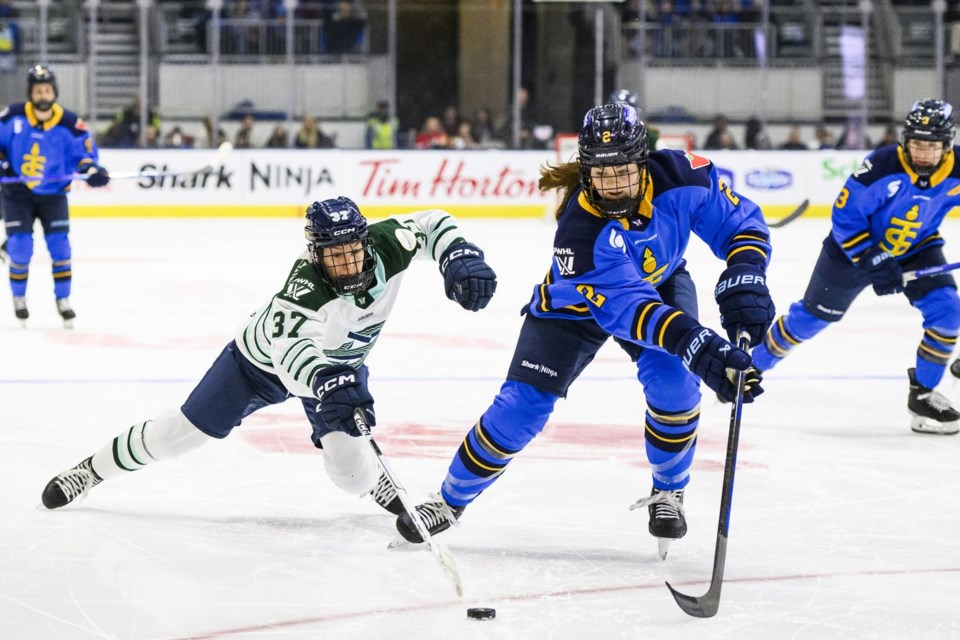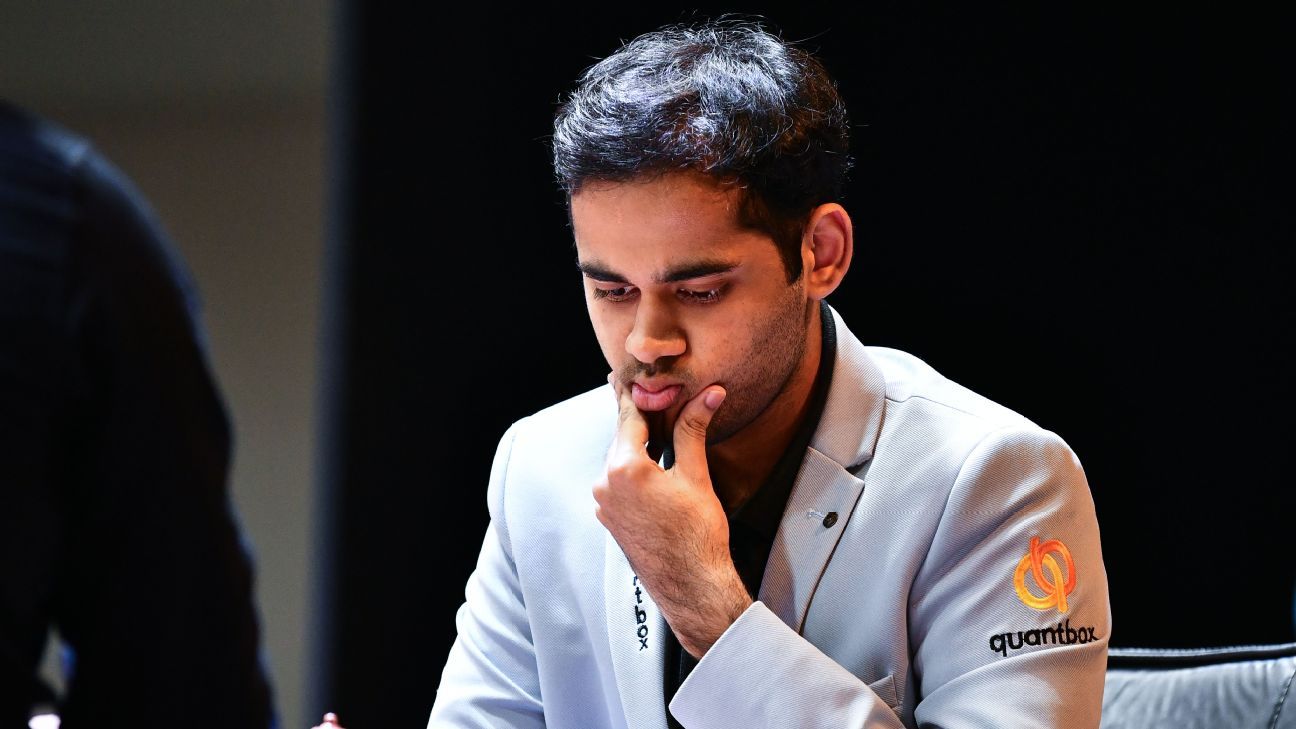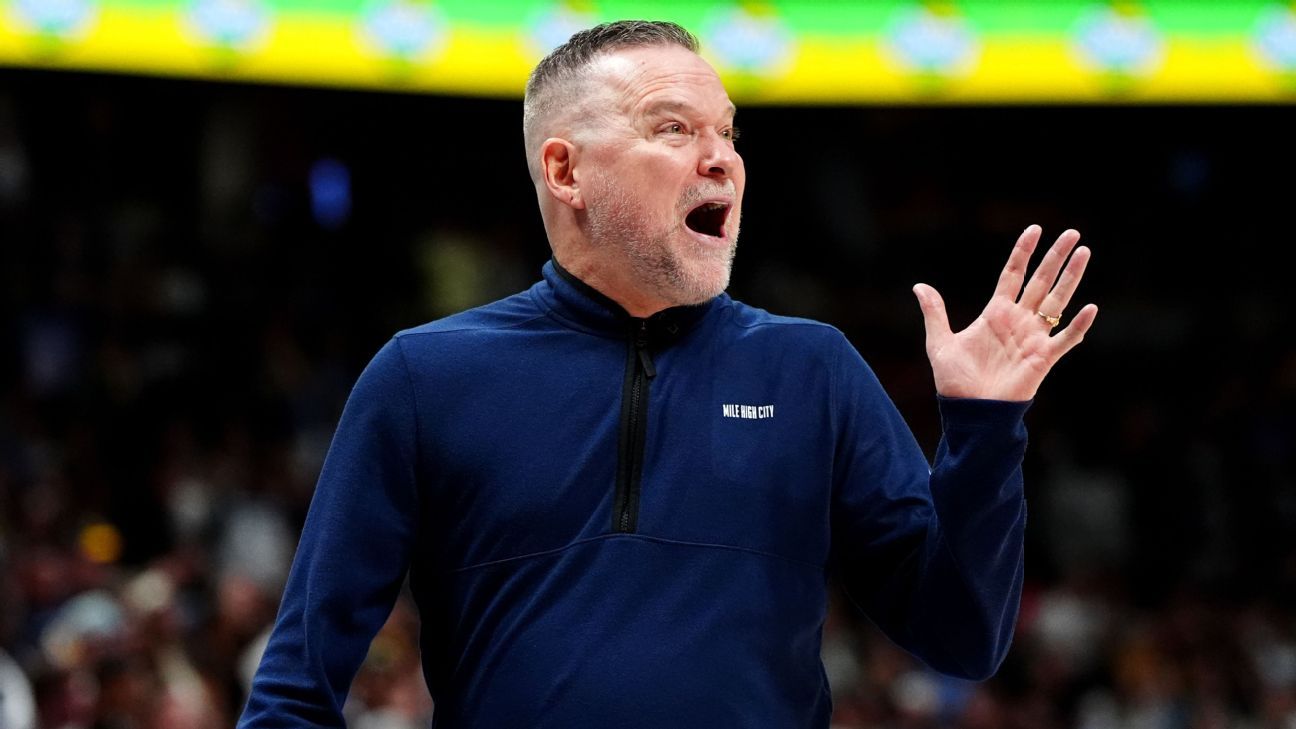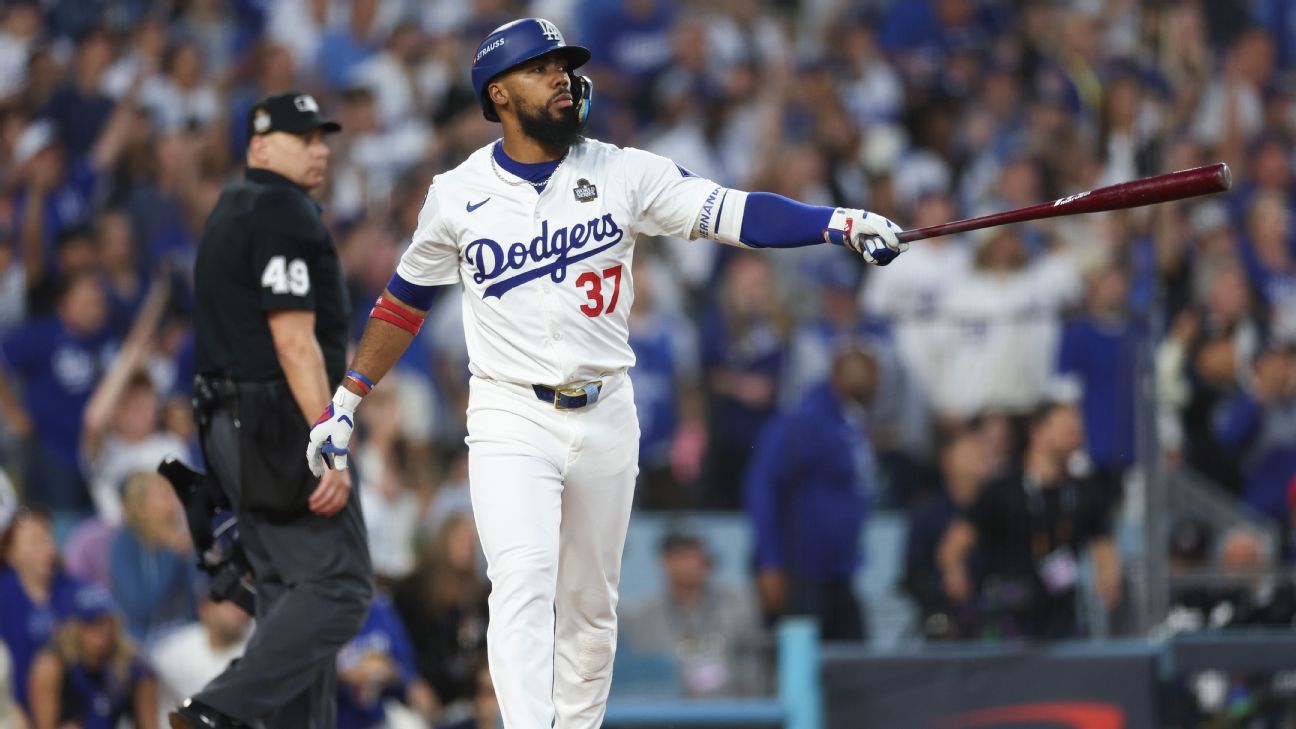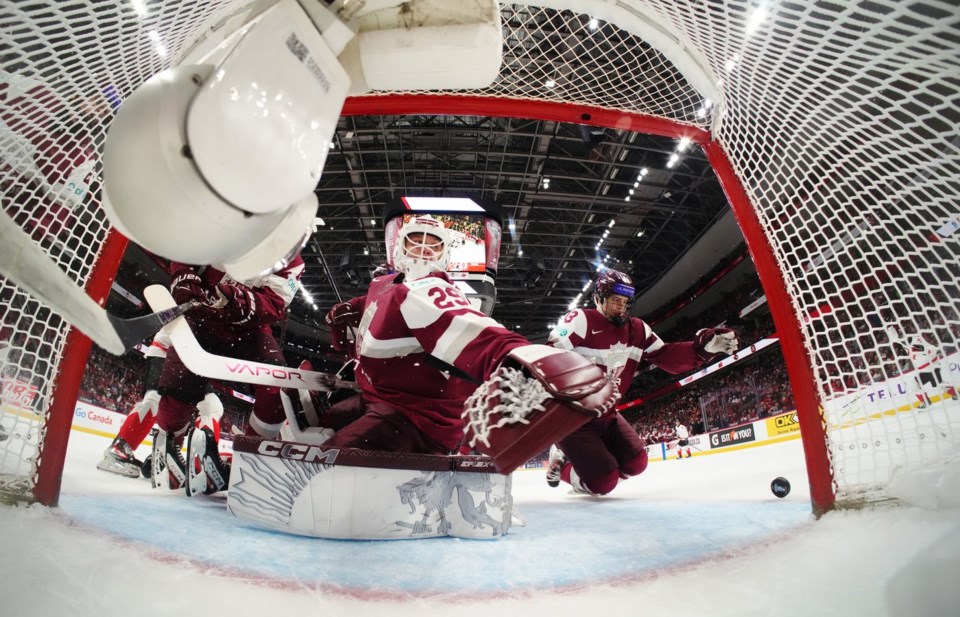
DULUTH — When Hermantown took the floor against Duluth Denfeld Dec. 20, it didn’t seem different from any other local girls basketball game. Maybe there were a few more people in the stands — it was a Friday night, after all.
ADVERTISEMENT The girls came out for warm-ups and eventually coaches and captains gathered at the scorers table to meet with the evening's officials. What stood out was not the Hawks’ 69-38 win over Denfeld , but the referees calling the game combined for more than 150 years of officiating experience. Steve Olson, Jim Erzar and Jerry Ujdur have all been calling basketball in the Twin Ports for at least 50 years.

At 54 years, Erzar has been calling games the longest of the three, but that’s just the games he’s been paid to referee. Growing up playing basketball and baseball in Ely, Erzar was required by his coach to call elementary school games on Saturdays. “When I was 13, I was jumped behind the plate to call Little League games,” he said.
It wasn’t long before he was on the court calling youth basketball, moving up through the levels until he was calling varsity games. Ujdur said his older brother introduced him to officiating, and Olson didn’t even play basketball as a young man, but was already calling baseball with Steve Vekich. “Steve hooked me up with baseball,” Olson said.
“He came to me one baseball season and said, ‘The first meeting for basketball is in November. You’re going to be there and you’re going to start working.’” ADVERTISEMENT All three said they’ve enjoyed calling basketball in the area.
Not only has it provided some good exercise in the winter, but it was the start of some lifelong friendships. Olson and Ujdur started refereeing together and have stuck with it for 50 years, but he also remembered some of those guys that taught them the craft like Ole Lee and Jack Jordan. “Those were the guys we looked up to when we were younger,” Olson said.
“They helped us move along and I enjoyed it — I’ve enjoyed being out there.” Their longevity as officials has all local referees “a whole lot better,” according to Brad Emanuel, president of the Lake Superior Basketball Association and an official with 40 years experience. “Rather than experience plays and scenarios in game situations, we’re able to knock it by them,” he said.
“Hopefully, it all helps on the floor when the time comes.” Not only have they refereed some of the recent greats, which includes former All-Area Players of the Year Isaac Asuma, Mountain Iron-Buhl’s Jordan Zubich and Hibbing's Ayden McDonald, they also called games involving Duluth East’s Rick Rickert, South Shore’s Jolene Anderson and Denfeld’s Sean Seaman. During their time as officials, the game has undergone massive changes — including the introduction of the 3-point line and, more recently, shot clocks.
The trio also predates the start of girls basketball at the varsity level in Minnesota. From calling jump balls “every 3 or 4 seconds” in the beginning, girls basketball has “come a long way” in Minnesota, Ujdur said. ADVERTISEMENT After leading MIB to a state championship and runner-up finishes in the last two seasons, Zubich is now at the University of North Carolina and Duluth Marshall freshman Chloe Johnson is among the most highly touted prospects of her class in the country.
At one time, Ujdur was one of the top pitching prospects in Minnesota, playing baseball with the University of Minnesota and spending all or part of five seasons with the Detroit Tigers and Cleveland Indians. The addition of 3-point baskets has also changed the game, with long, cross-court passes that would have landed Erzar “on the bench” becoming the norm. It’s also made adding a third official to varsity games important.
“They’re changing the angles where they’re coming from,” Erzar said. “The good teams really move the ball well.” Olson works primarily in Wisconsin, which still does not have shot clocks — save when Superior plays Lake Superior Conference games at home — but he knows the value.
He once worked a Washburn game at Northwestern boys game in the 1990s that ended with a final score of 5-4. “Both coaches would not engage — they just sat out there,” Olson said. While they’ve been doing it a long time, officiating isn’t just a seasonal job they can forget about when the season ends in March.
ADVERTISEMENT “You have to pass tests, you have modules to watch,” Emanuel said. “You have to get out and get on a treadmill before the season. There’s a process, just like athletes, officials have to do the same thing.
What keeps them coming back year after year? It’s not that different from what keeps athletes coming back to the sports they love — competition. “I’m competitive, I’ve played sports all my life and I like to challenge myself,” Ujdur said. “That’s where it was when I got to 30 — can I make it to 40? I got to 40, now can I get to 50? I really don’t mind the challenge.
” Erzar echoed that the competitive nature of officiating is something that appeals to him and keeps him coming back year after year — even if it does take a little more preparation these days. “These last several years it’s been, ‘Boy, am I going to be able to do this,’” Erzar said. “So I’ve got to start doing a few things in September to get ready.
” All three have not only been reliable, adaptable officials for the past five decades, they’ve mentored younger officials and they’ve kept the game going for generations of local players and while they have been paid, that’s not why any of them are out there. “I always tell people, I enjoy giving back to the kids, I enjoy the exercise and the money is a bonus,” Emanuel said. “Forty years ago, I never would have thought that I would still be doing what I’m doing .
.. Once you start doing it, you get the competitive juices flowing, you find out you’re pretty good and you just want to keep rolling.
” ADVERTISEMENT.









